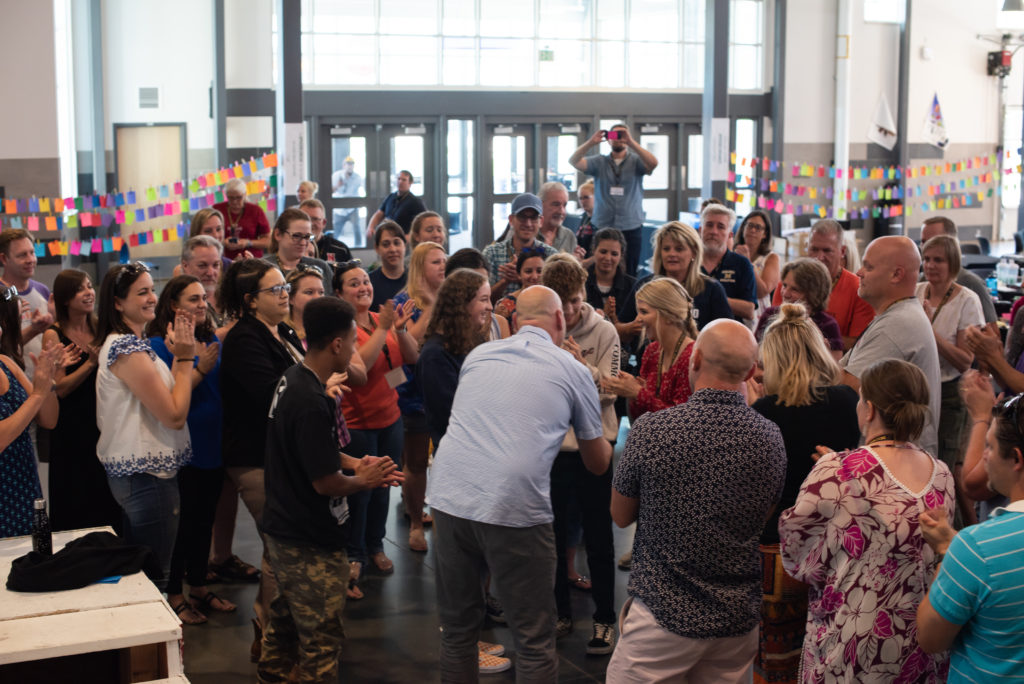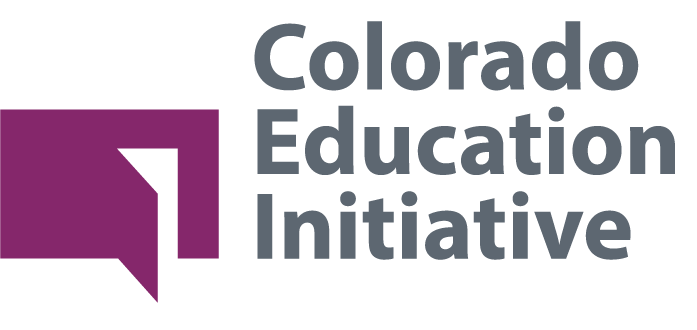Accelerating High School Redesign: Summer Camp for Educators
July 25, 2019
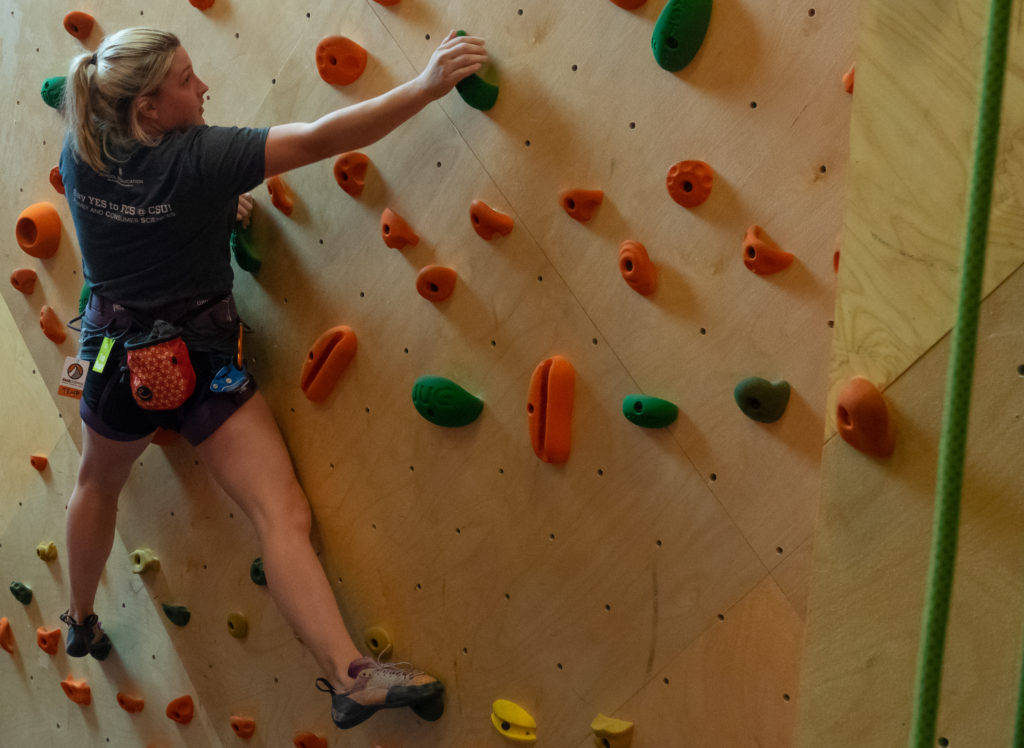
Rock Climbing. Javelin Throwing. Food Trucks. #RedesignRockstars.
It all contributed to a unique and inspiring week in Denver, Colorado, where high school teams left with new ideas, strategies, and a commitment to ensuring equitable outcomes for youth in today’s high schools.
More than 150 educators and youth in 30 teams from high schools across the nation convened in June at the 2019 High School Redesign Accelerator designed and hosted by Colorado Education Initiative (CEI). Packed with energy, deep learning, and the development of action plans, the unique convening design had teams focus their redesign work on rigor, relevance, or social-emotional learning.
What will you do to redesign for the student(s) your school doesn’t serve well?
Equity was the key lens in framing high school redesign. In an equity exercise, participants recalled an individual student they know who is being failed by our existing school systems. This set up a User-Centered (Re)Design process where students and their needs are at the center. Several teams included students who provided perspective and candid feedback on strategies throughout the conference.
“Instead of asking children to beat the odds, we can change the odds”
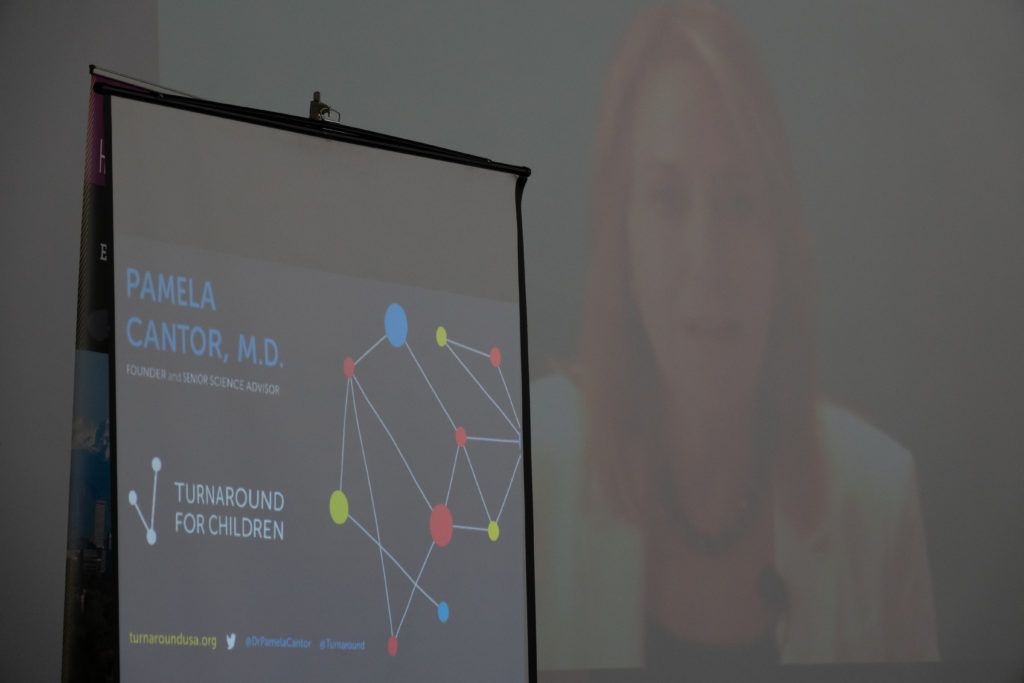
Pamela Cantor, M.D., Founder and Senior Science Advisor at Turnaround for Children, provided the keynote address with a mix of science, inspiration, and strategies for building deep relationships and trust between students and teachers. Explaining new findings in brain science, Dr. Cantor emphasized that “adversity doesn’t just happen to children, it happens inside them,” and that “the antidote to stress is trust.” This foundational information on the importance of relationships became a key underlying theme of the High School Redesign Accelerator.
Extraordinary Insights and Practical Knowledge from Redesign Rockstars
The High School Redesign Accelerator invited practicing teachers and leaders from the most cutting-edge, nationally recognized high schools and programs from across the country to lead strands. These innovative leaders who are working in schools right now engaged, provoked, and informed the teams to learn, test, and plan in their unique context.
Focus on Rigor:
- Suzanne Malek from Envision Learning Partners focused on Assessing Deeper Learning Equitably & Rigorously with emphasis on developing a profile of a graduate.
- Kevin Gant from New Tech Network explored Developing Equitably Rigorous Deeper Learning Opportunities with emphasis on grounding instruction and the measurement of student outcomes inside clearly articulated, rigorous competences.
Focus on Relevance:
- Elyse Burden of Real World Scholars helped teams create detailed maps of community ecosystems in Connecting School to the Community.
- Natasha Morrison of Da Vinci Schools considered ways to expose students to real-world, work-based learning experiences in Connecting School to the World of Work.
- Mike Strong of High Tech High dropped his wisdom in Connecting School to Lived Experience, “Relevance doesn’t come from connecting learning to some subject a student might want to major in…it comes from helping students find ways to solve problems that they might want to solve.”
Focus on Social-Emotional Learning:
- Todd & Daren Dickson from Valor Collegiate Academies engaged in powerful circle activities in Building a Commitment-Based Culture.
- Mike Lamb from Turnaround for Children emphasized relationships in Connecting the Dots Between Brain Science, Context, and Student Skills.
- From Poudre High School, youth and teachers shared about student ambassadors in Relationships that Fuel Human Development with Denny Bain, Cassie Poncelow, Whitney Buckendorf, Blake Knipple, Rabi Phelan, Litzinia Calva-Mendoza, and Finessa Ferrell from the Colorado Education Initiative.
“Real and equitable progress requires exceptional attention to the detailed and often mundane work of noticing what is invisible to many.”
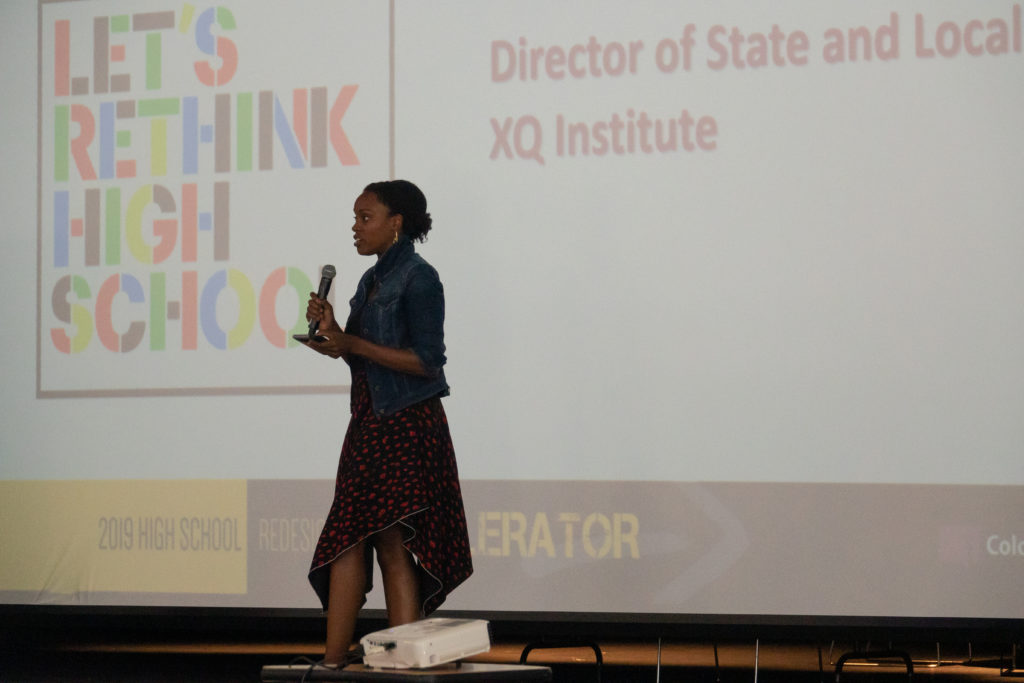
Accelerator participants were urged to think of themselves as systems leaders by Samantha Olson from CEI. Focusing on the implicit and explicit conditions that enable or inhibit change from impacting equitable outcomes at scale, teams were pushed to consider specific system conditions they are positioned to influence and shift.
XQ Institute was a partner and sponsor of the High School Redesign Accelerator. Nicole Campbell urged teams to design high schools to meet a broad set of learner outcomes including developing learners for life.
Yes! Yes! Yes!
The 2019 High School Redesign Accelerator ended with energetic and powerful commitments to engage in meaningful change in secondary school with students at the center of the redesign. Alex Carter from CEI designed and curated the Accelerator: “The energy and ideas from the teams was contagious,” he exhorted. “I can’t wait to see what happens in schools this fall.”
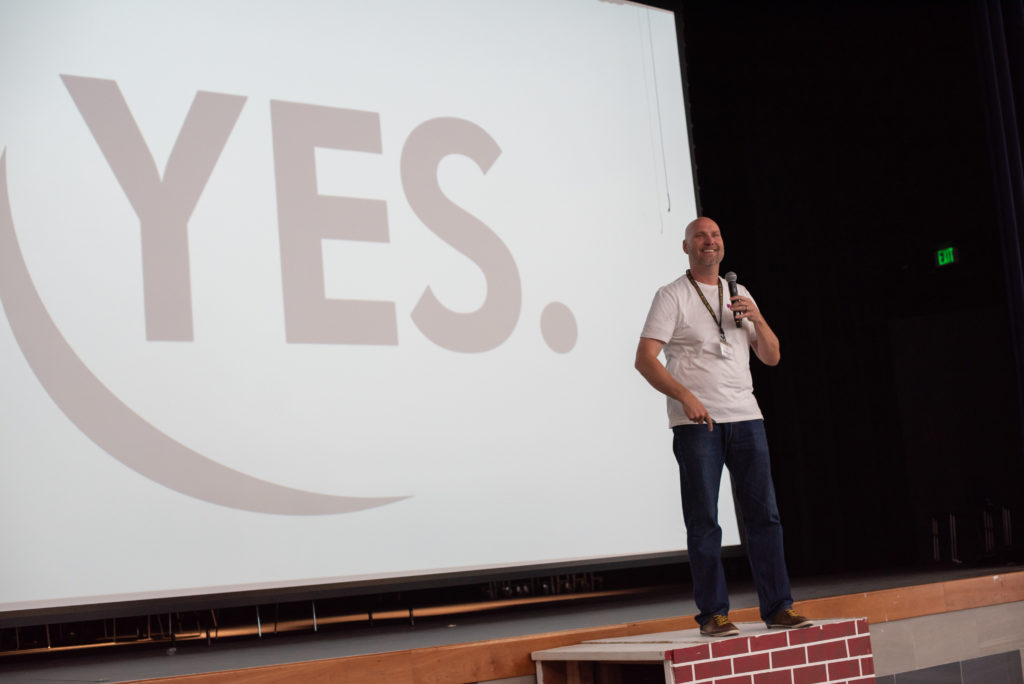
Reflecting upon their experience in the evaluation of the event, one educator wrote, “This was an incredibly intentional and thoughtfully crafted experience. From the environment to the food to the collaborative work time, I appreciated this experience so much and know that the inspiration and vision of our team will similarly inspire our staff upon our return to our school.”
Another participant wrote, “The Accelerator was awesome. Allowing us more time to work on our projects so we are guaranteed to leave with tangible outcomes.”
In addition to XQ Institute, sponsors and partners included BOK Financial and the Colorado Health Foundation.
